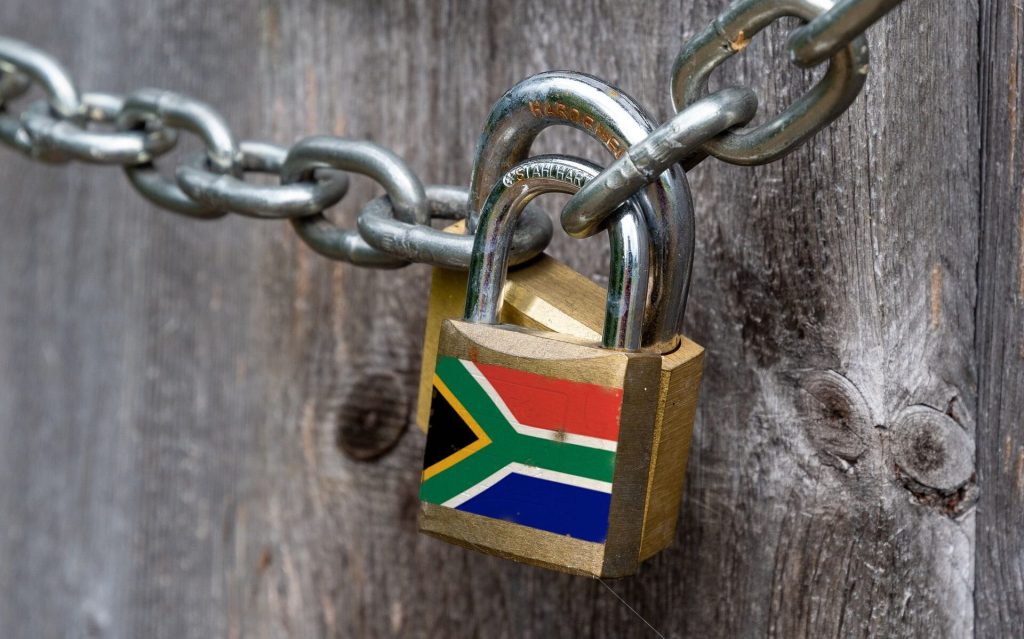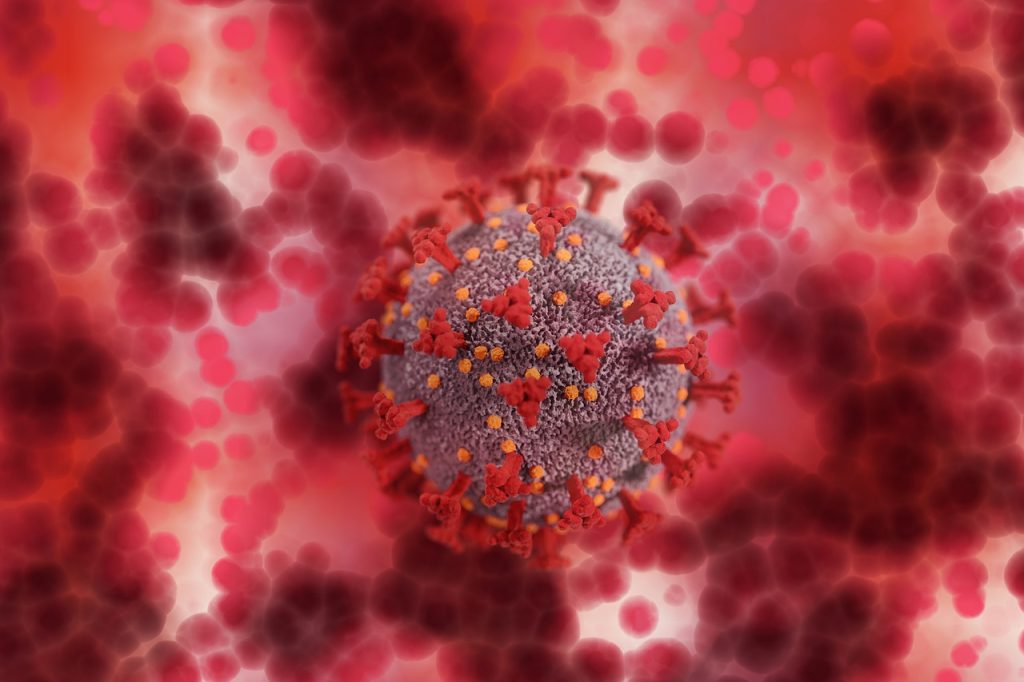Alcohol Curbs may Return while UK Red List may be Scrapped

With the COVID test positivity rate climbing above 30%, President Cyril Ramaphosa is widely expected to address the nation in the coming days. Health Minister Dr Joe Phaahla said on Friday that the National Coronavirus Command Council would be meeting on Tuesday or Wednesday to discuss new restrictions in the face of surging infections.
The main concern is centred around the large number of gatherings that will take place over the festive period: under Level 1 lockdown rules, gatherings of up to 750 individuals are permitted indoors. The Bureau for Economic Research issued a report saying that data so far indicates that there are fewer hospitalisations and less severe disease with the Omicron variant, in line with observations made since the start of the variant’s outbreak.
A partial ban on alcohol sales seems likely, according to a source cited by City Press: “He is considering proposing to the NCCC and cabinet a few adjustments, which include banning the sale of alcohol on weekends and public holidays until mid-January. Don’t be surprised when we have a family meeting before Thursday. He is serious about protecting the country.”
He initially had no plans to address the nation, sources said, but was motivated to change his view in light of the increasing rate of transmission.
Meanwhile, the UK appears set to scrap its controversial red list, which had been widely viewed as unfairly targeting South Africa. The red list amounted to a virtual travel ban, with travellers forced to pay £2285 (R48 400) per person for a ten day stay in often substandard quarantine accommodation. However, it will come too late for many people who have cancelled travel plans.
In a windfall for South Africans, the cost of PCR testing has been revised downward to R500 from R850 as of Sunday following a complaint lodged with the Council for Medical Schemes against private pathology laboratories, alleging the pricing for COVID PCR tests was unfairly inflated. Pricing for rapid antigen tests is said to be next on the list for the Competition Commission.
On Sunday, a technical glitch caused the National Health Laboratory Service to delay release of a large portion of test results. The glitch meant that initially 18 035 cases were released initially, which rose to over 37 000 after the correction.
The cause was put down to IT difficulties with various laboratories.



